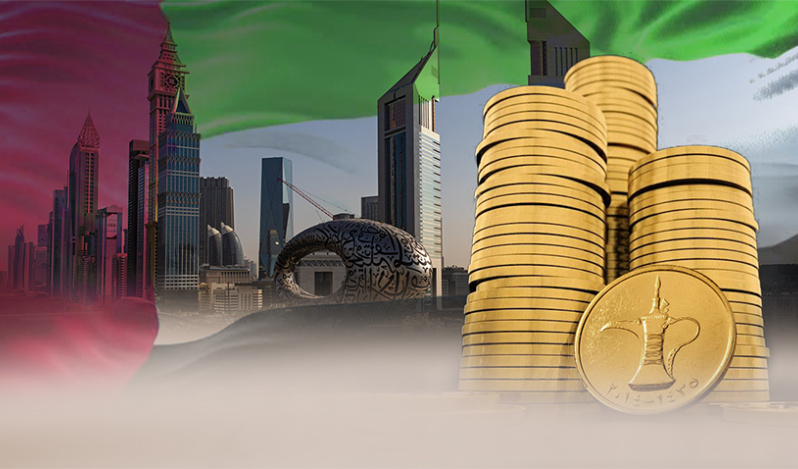UAE Economy: History & Future Forecasts
2024-01-16
8,083 Views


Settings
USD
EUR
SAR
AED
KWD
OMR
QAR
BHD
JOD
DZD
YER
TRY
GBP
CHF
CAD
AUD
CNY
RUB
EGP
2024-01-16
8,083 Views

Need real estate help?
Consult with our specialist
Talk to us on your favorite channel
What are you looking for in a property?
Channels
Thank you!
Your message has been successfully sent. We will contact you very soon!

